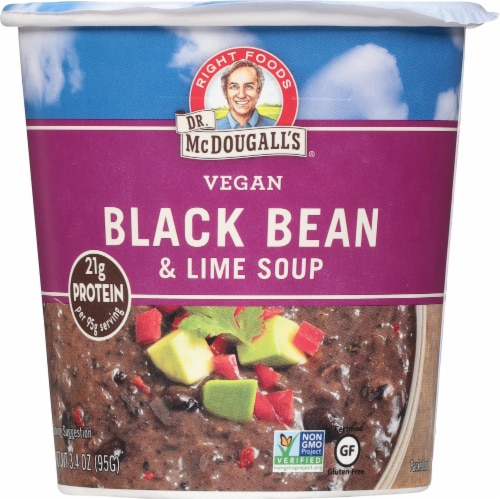In light of the World Health Organization’s recent announcement that bacon, sausage and other processed meats cause cancer and the inferred implication that red meat probably does, too, now is the perfect time to swap that Big Mac for a veggie burger.
Of course, the initial shock—and possible aversion to processed meat—may ultimately fade. So why not channel your burgeoning resolve into something beyond a sporadic gesture? What about going whole hog and making a deeper commitment by making the transition to a vegan diet? The simple decision to abstain from meat, eggs and dairy frees a lot of birds with that one stoic resolution. And embracing a plant-based diet comes with a plethora of vegan benefits—what follows are just a few of our favorites.
1. Dodge the cancer bullet
The World Health Organization’s report initially classifying processed meat as a human carcinogen and basically put it in the same category as tobacco and asbestos. The report cited that consuming 1.8 ounces of processed meat a day—less than two slices of bacon—raises the risk of developing colorectal cancer by 18 percent. It all adds up to a very bad PR for bacon. Tofu starts to look a lot more attractive by comparison. According to the Academy of Nutrition and Dietetics, vegans are less likely to develop diabetes, cardiovascular problems, or cancer than meat-eaters are.
2. Lighten up
Despite the widespread shunning of carbs that’s going on these days in our Paleo-crazed country, vegans weigh 20 pounds less than meat-eaters. A 2013 study from Loma Linda University found that average BMI was lowest among vegans, while average BMI was highest among the meat-eaters. And when it came to packing on the pounds, researchers found that vegans had the lowest percentage of people who were obese (9.4 percent) while meat-eaters had the highest percentage of people who were obese (33.3 percent.)
3. Spread the love
Choosing to go meat- and dairy- free spreads love in all kinds of ways. A huge benefit of a vegan diet is that you'll be saving lives, for one thing: According to the Vegetarian Calculator, the average person will chomp down on 7,000 animals during their lives—11 cows, 27 pigs, 2,400 chickens, 80 turkeys, 30 sheep and 4,500 fish. When you look at it this way, that’s a lot of animals harmed in the making of just one life.
It also spreads some love on the planet. Raising animals for meat uses a lot of dwindling resources, causes enormous amounts of carbon emissions, and is one of the biggest culprits behind climate change. According to research conducted by the University of Chicago, going vegan is more effective in countering climate change than switching from a standard American car to a Toyota Prius.
4. Feed the hungry
Raising cattle is resource intensive—it takes up to seven kilograms of grain to produce just one kilogram of animal flesh. Imagine how far that grain could go if it were grown for human consumption instead.
5. Vegan food rocks
Challenge yourself by going to a vegan restaurant, or try making a vegan soup. Bring an open mind and a hungry belly to the table. You may be surprised—and delighted—by how tasty vegan food can be. Most of the population eats a largely vegetarian, if not vegan diet. There is a brave new world out there of meatless delicacies, just waiting to be devoured.
Ready to get started? Check out our FREE vegan e-book with more than 22 recipes for inspiration!




